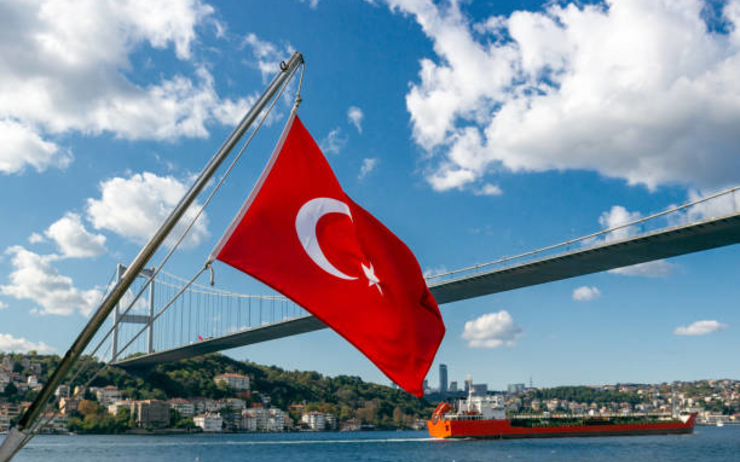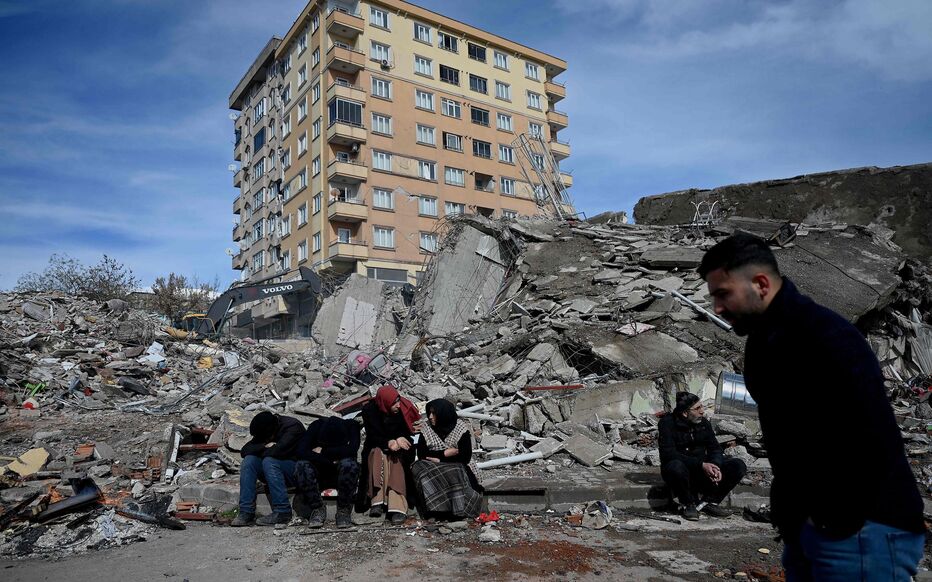The Turkish central bank maintained Thursday for the seventh consecutive month its main rate at 14%, still refusing to raise interest rates despite inflation which is close to 80%.
President Recep Tayyip Erdogan, who believes against conventional economic theories that high interest rates promote inflation, had forced the Turkish central bank to lower its key rate from 19% to 14% between September and December. This much criticized policy had melted the Turkish lira by 44% against the dollar in 2021.
The currency has lost another nearly 25% against the greenback since January 1, despite Turkish central bank interventions and the announcement at the end of June of a support measure for the pound. As a result of the collapse of the Turkish lira, inflation reached 78.6% over one year in June, according to official figures, twelve months before a presidential election that the polls predict will be hotly contested. “Inflation, accelerated by the exorbitant rise in world prices of raw materials (…), is not only our problem but that of the whole world”, wanted to relativize last week the Turkish president, who affirmed in June want to lower interest rates again.
Turkey has experienced double-digit inflation almost continuously since the beginning of 2017, but consumer price inflation had never reached such a high since the Justice and Development Party (AKP) came to power in 2002. of President Erdogan. The opposition and independent economists also accuse the National Statistics Office (Tüik) of underestimating its magnitude by more than half.
As a reminder, the Central Bank of the Republic of Turkey (Turkish: Türkiye Cumhuriyet Merkez Bankası — TCMB) is the monetary institution of Turkey. It was created on June 11, 1930, and its headquarters are in Ankara.




Comments are closed